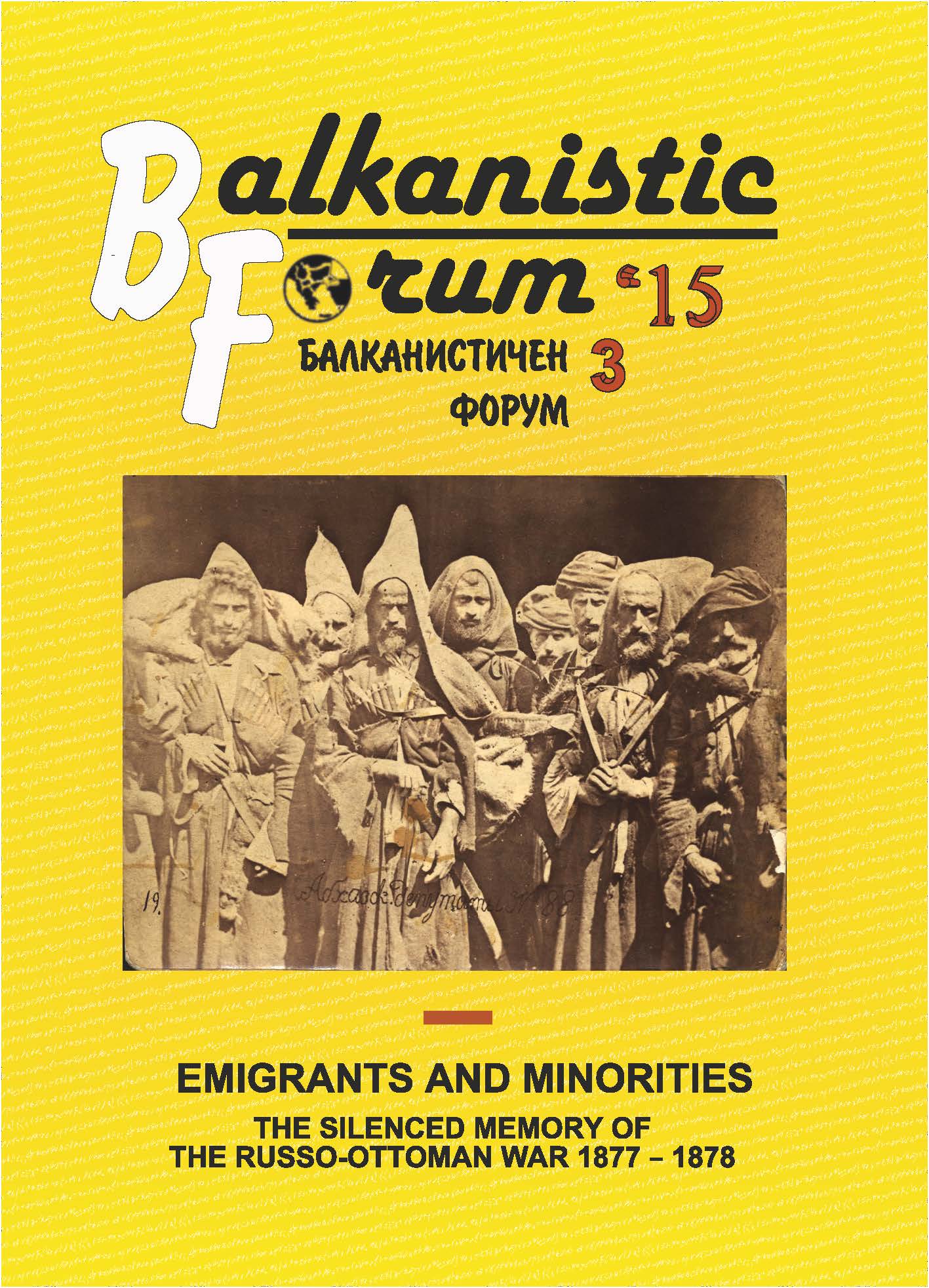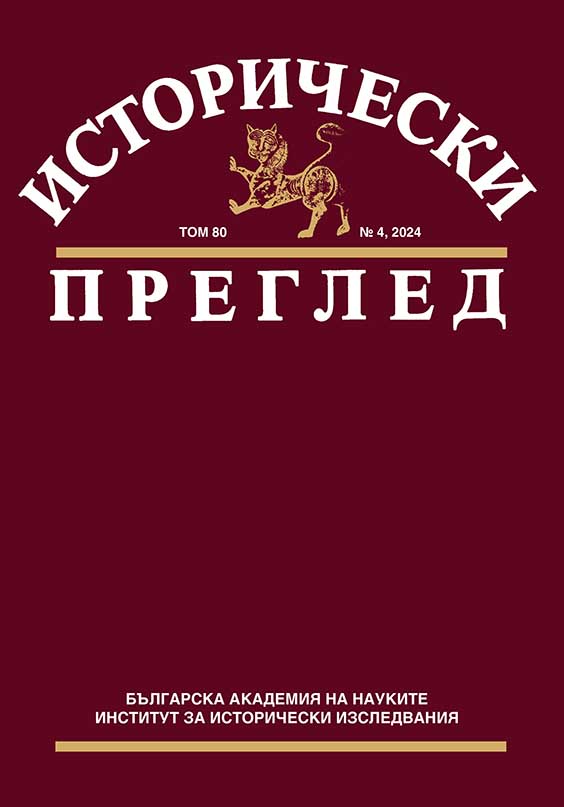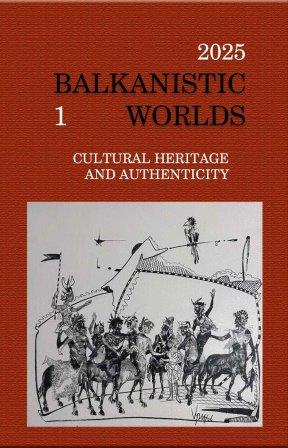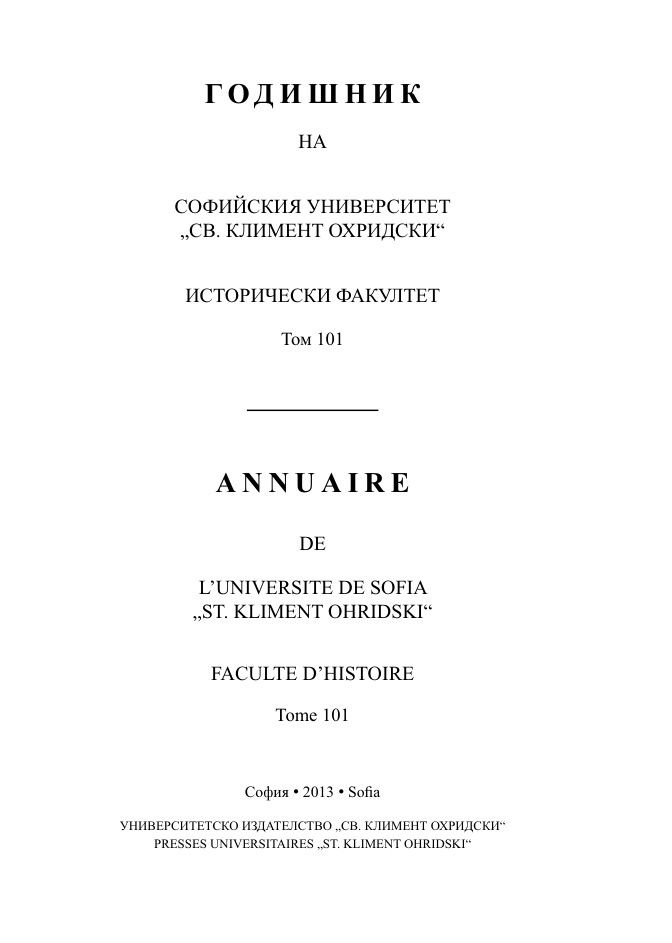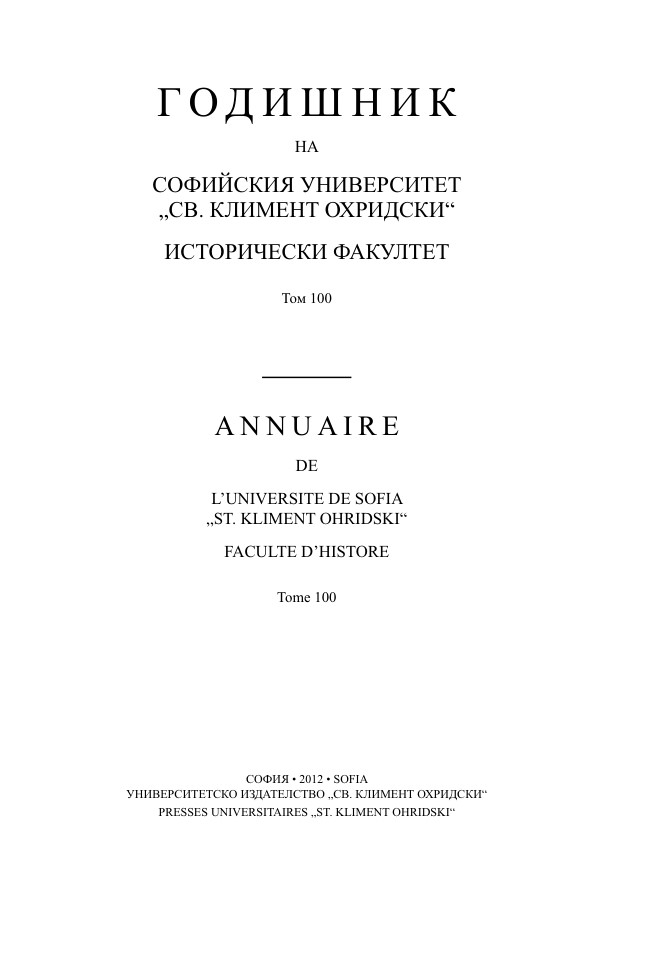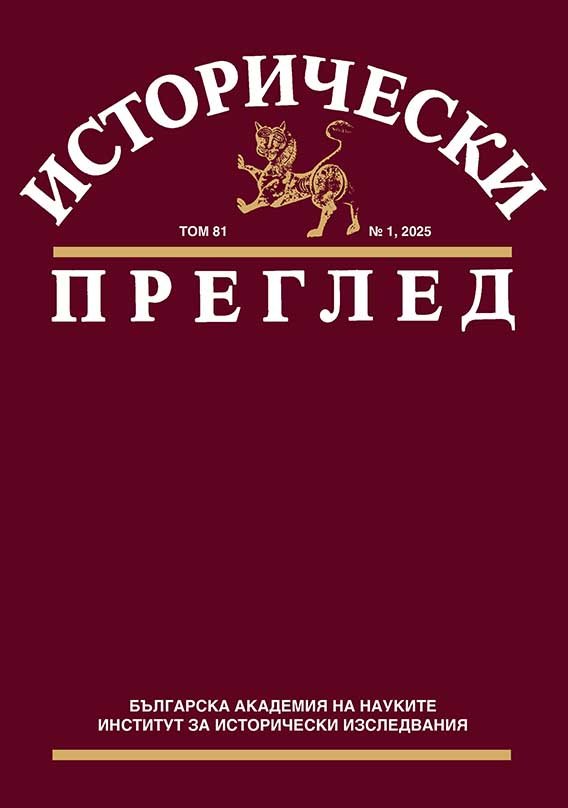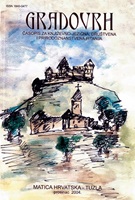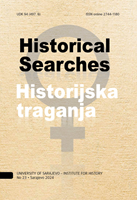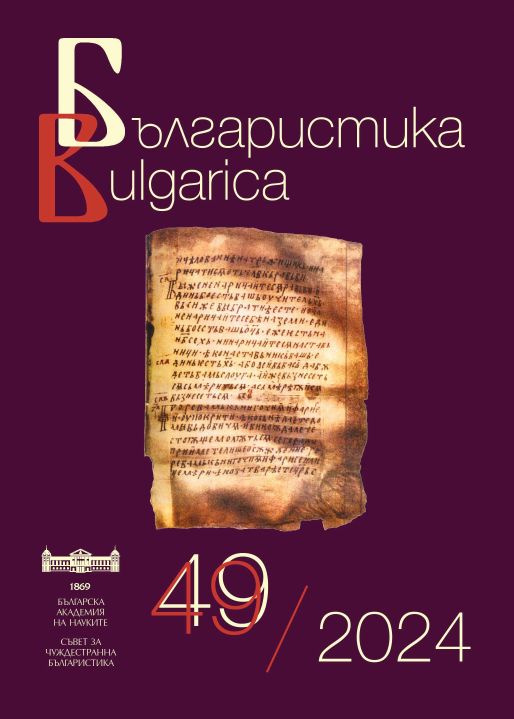Author(s): Gheorghe Lazăr / Language(s): Bulgarian
Issue: 1/2025
Situated north of the Danube, in the contact zone between Western and Eastern Europe, Wallachia was a tributary principality of the Ottoman Empire from the early 15th century to the mid-19th century. It benefited from administrative and judicial autonomy. The Wallachian economy was predominantly agrarian, with most of the population engaged in farming and animal husbandry. These products were primarily exported to Western Europe and Constantinople, while luxury goods were imported from the Ottoman Empire, Venice, Austria, Poland, Russia, and even England to meet the needs of the princes, great boyars, and their families. In this socio-political context, the article first examines the role of merchants in the luxury trade in Wallachia, highlighting the key consumers and most loyal clients of such goods. In a society where “being” and “appearing” were closely intertwined, the purchase of expensive clothing by the local elite represented not only a “prestige expense” but also a means of asserting their social status. To secure access to luxury goods, Wallachian merchants developed trade networks with partners in major commercial centers in Central and Western Europe, such as Vienna, Venice, Budapest, and Sibiu. These networks expanded significantly towards the late 17th century and throughout the 18th century, particularly under the rule of the Phanariot princes. Representative examples of prominent merchants include the Pepano brothers, Apostol Lazarou and his son Manu Apostol, the moneylender Nica Papa, Hagi Constantin Malache, and Nicolitza Iovipalis, the latter two being particularly active during the second half of the 18th century.
More...
